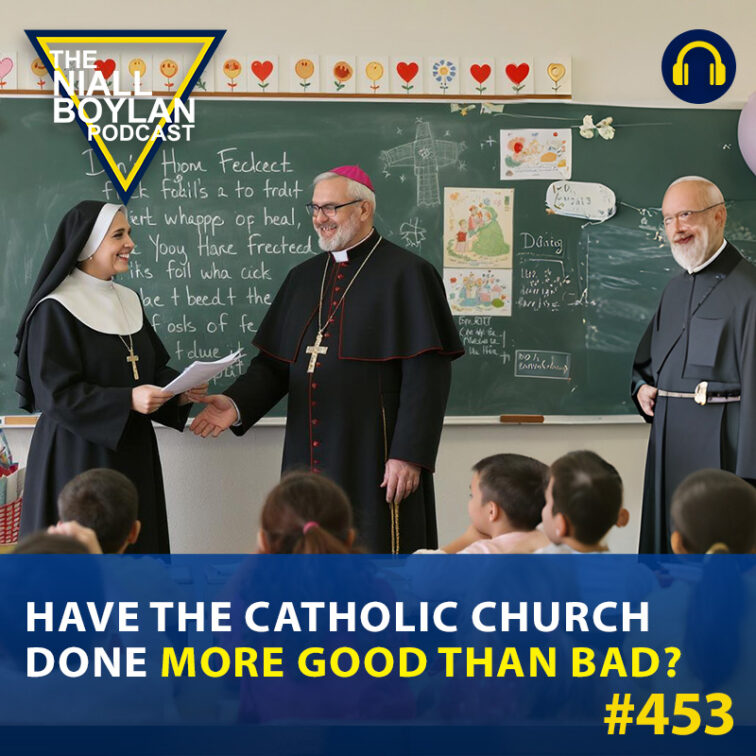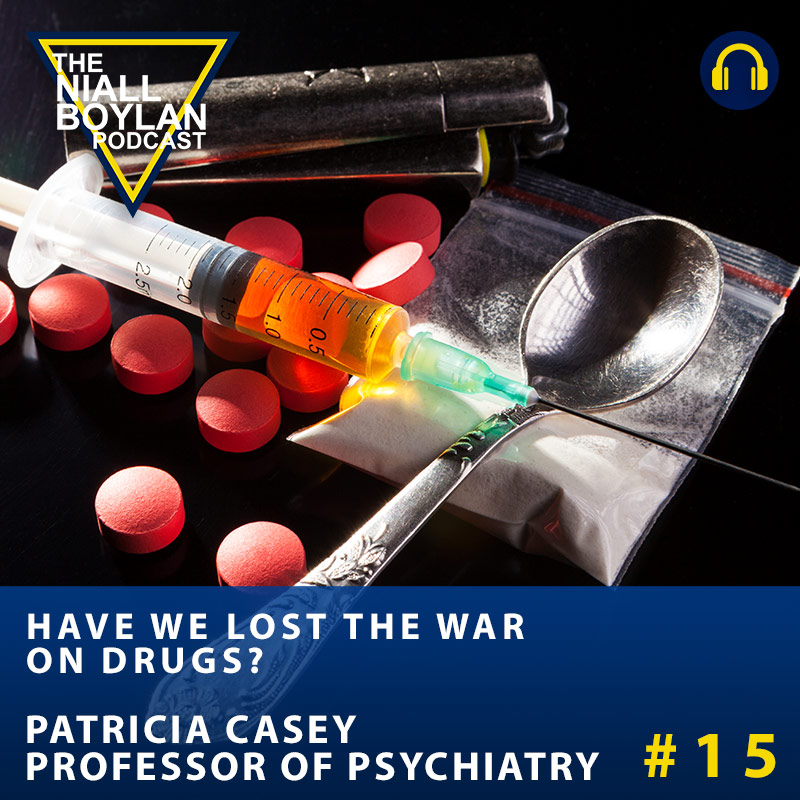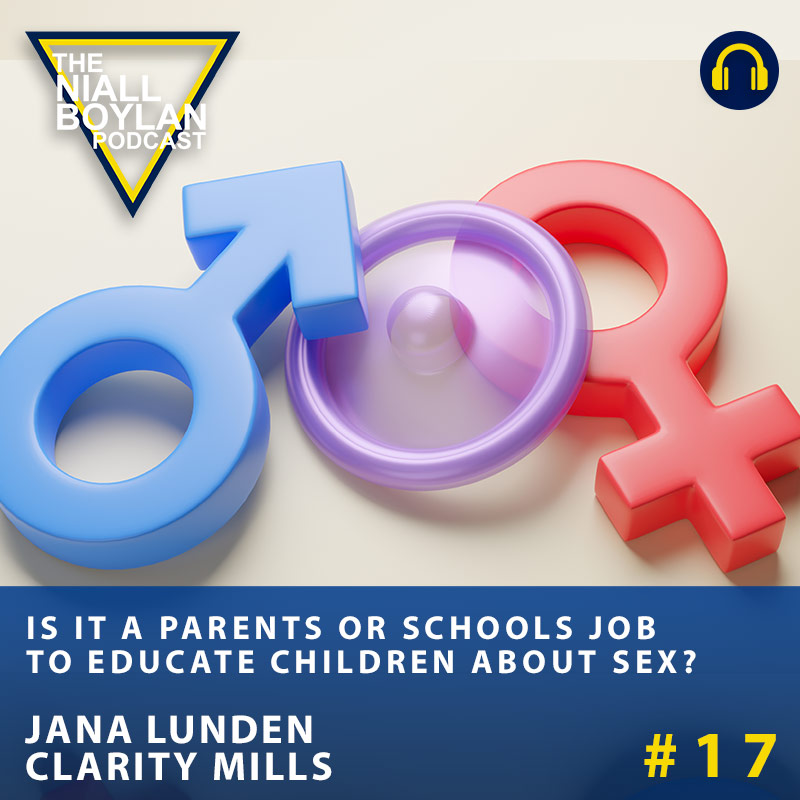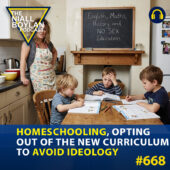
Has the Catholic Church Done More Good Than Bad? Episode 453
-
play_circle_filled
Has the Catholic Church Done More Good Than Bad? Episode 453
Niall Boylan
On todays episdoe with Niall, we’re diving into one of Ireland’s most contentious and emotionally charged questions: Has the Catholic Church, despite its well-documented failures, actually done more good than bad?
Niall is joined in studio by journalist Jason Osborne to unpack a provocative column written by Laura Perrins, published in Gript. In her piece, Perrins argues that it has become too easy — and often historically inaccurate — to lay every societal ill at the feet of the Catholic Church. She points to the ongoing Tuam Mother and Baby Home story and claims the media often misrepresents or oversimplifies the Church’s role, while ignoring the responsibilities of state bodies like Galway County Council.
Quoting Perrins:
“The thing about defaming Catholic nuns is that they are a soft target as they are too dead to defend themselves.”
She adds that the narrative of “evil nuns and priests” is convenient, but not always rooted in fact.
With this backdrop, Niall opens the phone lines to you — the listeners — to weigh in:
📞 “I was educated by nuns and they were the kindest, strongest women I’ve ever met. Without the Church, I wouldn’t have had a future.” – Mary from Cavan
📞 “Tell that to the survivors of the industrial schools. The cruelty, the abuse — they can’t be brushed aside. The harm was real and systemic.” – Eoin in Waterford
📞 “We wouldn’t have had hospitals, schools, or care for the elderly in the 20th century without them. The State wasn’t doing it — the Church was.” – Patricia from Ennis
📞 “The Church ruled through fear and shame. They did some good, yes, but it came with a massive human cost.” – Darragh in Dublin
📞 “Why is it taboo to question the media’s portrayal of the Church? Not every priest or nun was a monster. Some gave their whole lives to service.” – Brian from Meath
With powerful stories, emotional testimony, and historical context, this episode is a raw, honest exploration of an institution that has shaped Irish life for generations — for better and for worse.








